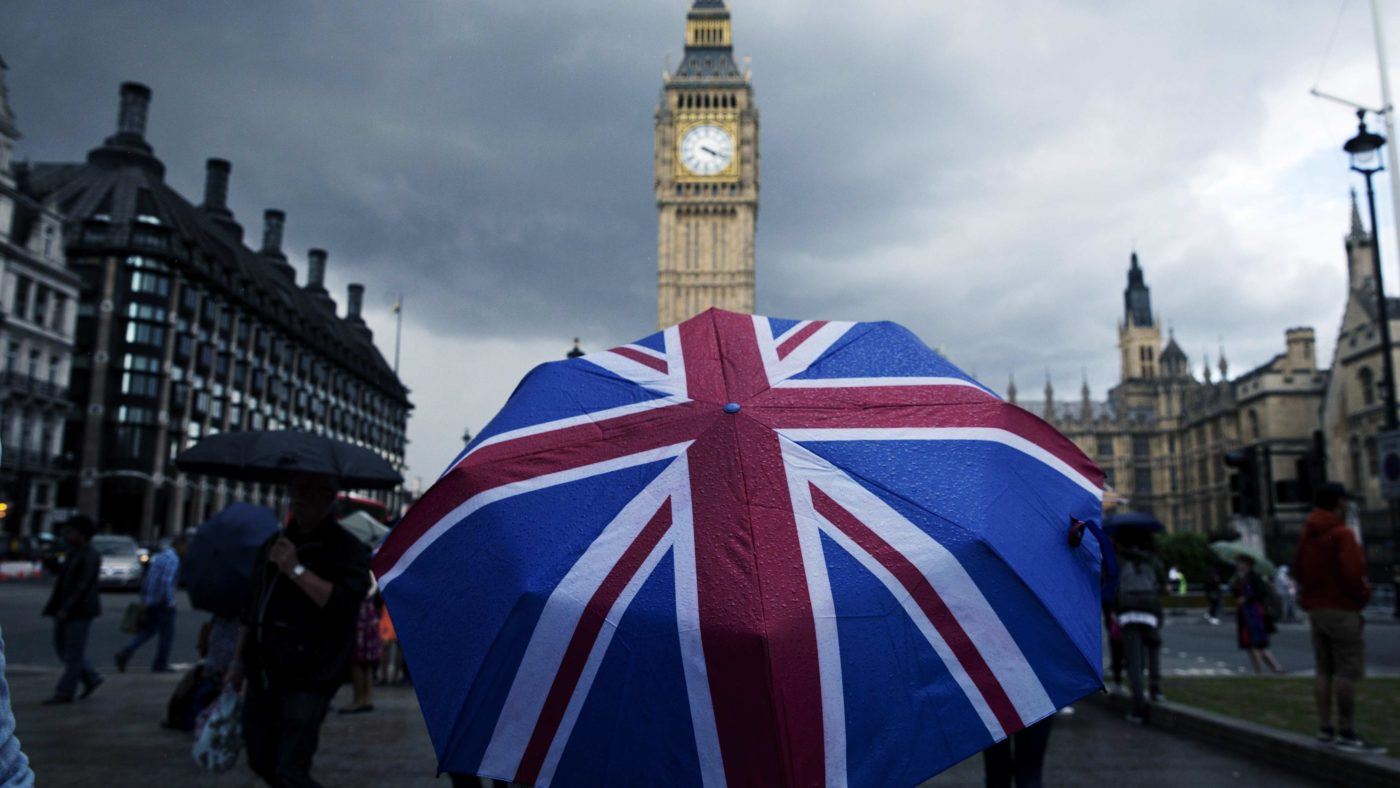What should Britain’s trade policy be after Brexit? Recent coverage has focused – inevitably – on the nature of our ultimate deal with the European Union, or our prospects of signing individual agreements with this country or that one.
But there is a bigger opportunity here – one that has the prospect of enriching not only Britain, but countries around the world.
The biggest news in trade recently has been the United States ending its involvement in (and thereby probably killing off) the Trans Pacific Partnership (TPP), a grand trade deal covering 12 countries representing 40 per cent of the world economy.
But in fact, free trade has been struggling for years.
The Doha Round of trade negotiations, launched by the World Trade Organisation in 2001, has been effectively abandoned. Partly as a result, trade now makes up a decreasing percentage of the global economy – one reason why economic growth was stalling even before the financial crisis of 2011.
TPP was intended as an antidote to this. The original plan was for a deal between New Zealand and Singapore – expanded in 2005 to include Chile and Brunei, and in 2008 to other countries including the US.
But what is most interesting about TPP is that the original vision was for a “high standards” agreement. What diluted this ambition was the later inclusion of countries such as the US, Japan, Canada and Vietnam, each of which insisted on their own exemptions and alterations, in particular regarding their agricultural sectors.
So what if Britain were to revive that original plan? What if, instead of making deals on a country-by-country basis, we were to lay the foundations for a new Prosperity Zone, bringing together countries around the world that believe in free trade and competition?
Get more from CapX
Follow us on Twitter
Like us on Facebook
Sign up to our email bulletin
The lesson of the TPP is that the more countries are around the table, the harder a deal is to do. So the founding principle of the Prosperity Zone should be that it will not sacrifice quality for quantity.
We should start with countries such as New Zealand, Singapore and Australia, who are all committed to free trade and have jettisoned agricultural protectionism (assuming in the UK’s case that it will have come out of the Common Agricultural Policy and Common Fisheries Policy when it leaves the EU).
This small group could maintain an alignment around the core concepts of economic development, open trade, competition and property rights protection. It could also go further than TPP by dealing with distortions inside borders – what are termed Anti-Competitive Market Distortions or ACMDs.
This, as we at the Legatum Institute have suggested, would be done not via traditional remedies, such as anti-dumping measures, which are damaging to trade and competition, but by disciplining countries that used government privileges or benefits to confer a cost advantage on their companies that could then increase their market share overseas.
Such rules would be needed because distortions inside borders are inevitably exported – as happened in Port Talbot or Redcar, where local producers went bust as a result of distortions in the Chinese steel market.
The initial grouping of countries would have the advantage of being largely open economies – the UK, New Zealand, Australia and Singapore can boast the least distorted markets in the world. But the platform would be open: other countries, such as Switzerland or the members of NAFTA, could be added in future. The ultimate goal – even if you started with the most likely partners – would be to include all like-minded countries.
Under this vision, the UK would still need to negotiate bilateral free trade agreements (FTAs) with other major trading partners such as India, China and the EU itself. But in each of these cases, we must be realistic about what we can achieve.
Elsewhere on CapX
Dear Chancellor, provide stability but let’s keep our options open
Unshackled from the EU, Britain must choose its trade partners wisely
Why free trade works
There are many things that could derail this vision. Since it depends on the negotiation of agreements with a range of countries in goods and services and over domestic regulatory issues, remaining within any part of the EU customs union, or even remaining a member of the European Economic Area, will prevent its realisation.
Far better to negotiate a comprehensive FTA that does not leave our hands tied elsewhere – which is why the recent suggestion that the UK would be seeking a “CETA-plus” deal modelled on arrangements with Canada was so encouraging.
Viewed in this light, the entire Brexit process should be regarded as part of a wide-ranging exercise – government departments must work together so that we can exit the EU in such a fashion that the high-level vision of growth, prosperity and hope can remain intact in our negotiations with other countries.
We must also use this opportunity to embrace a regulatory reform agenda at home which will eliminate our own domestic distortions and lead to the lowering of prices for key staples, such as food and energy.
This is, as we are all aware, a time of uncertainty. But if the process is handled correctly, the prospects for the British people are bright indeed.


